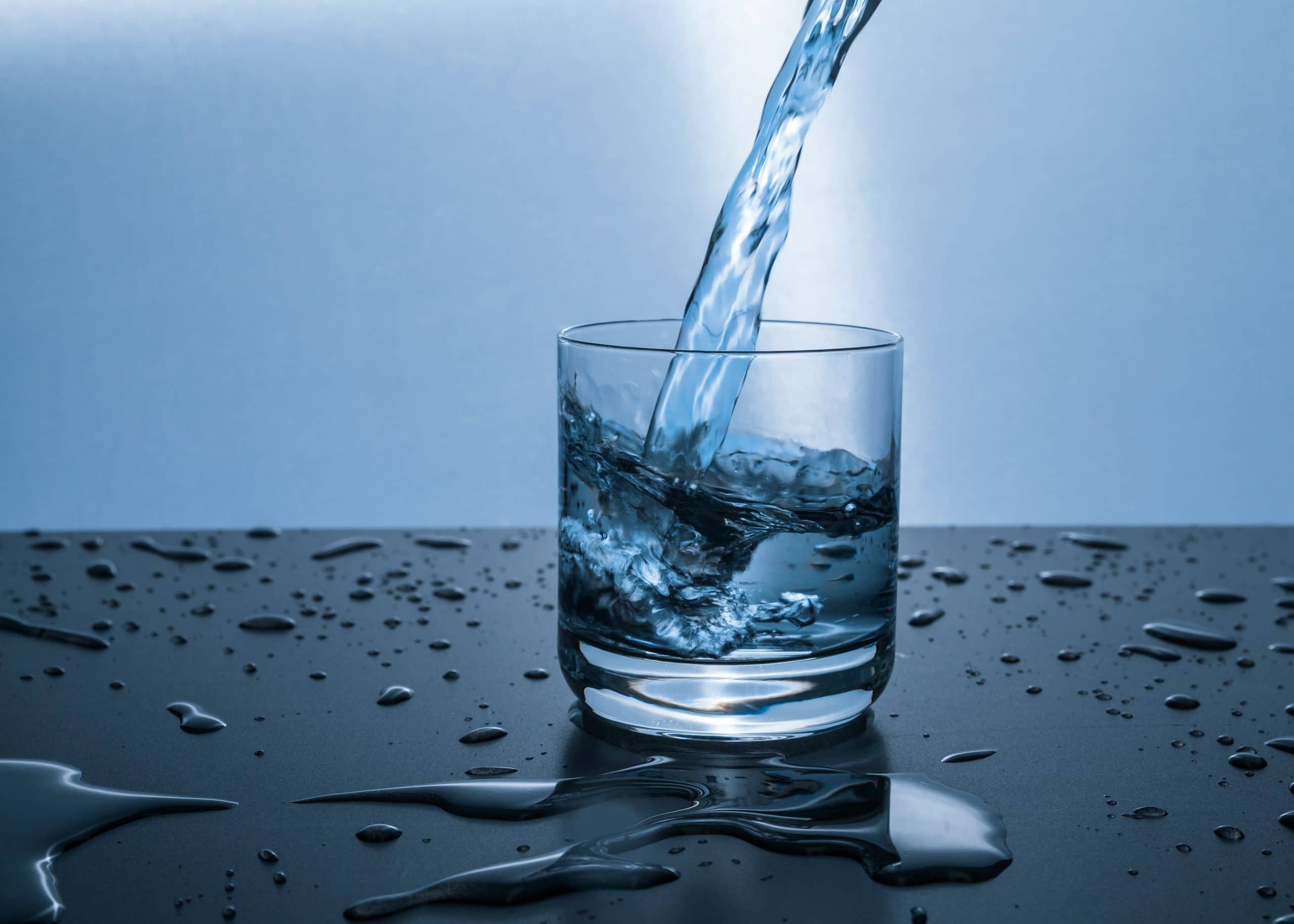Vodka is associated with Russia, feasts, and parties. This drink is among the top-selling alcohol drinks in the world and the number of people increases who are interested in how vodka is made.
To satisfy their curiosity, we will uncover vodka ingredients and will answer the question: “How do they make vodka?”
Related: At What Temperature Does Beer Freeze?
What Is Vodka? A Bit Of History
This spirit is so widespread in bars all over the world! But what is its origin?
They say that this drink came from Russia and Poland even though there are few historical documents proving that.
As for Poland, this liquor began to be manufactured starting from the Middle Ages and the first known mention of it is dated by 1405.
It’s funny but back then the spirit was used for medical purposes only!
In Russia, the drink was first made much later in the 14th century and for several hundreds of years, it remained quite low in alcohol.
Later, it nevertheless became more popular and in other countries, too.
Related: Does Wine Freeze?
How to Drink It Best?
These days this liquor, like Campari liquor, is blended in various alcohol-containing drinks to make cocktails but traditionally, it is drunk purely as it is.
Of course, it doesn’t mean one can’t sip it tasting, however, for the less harmful aftermath, it is strongly advised to intake the drink with some food and never intake it on the empty stomach!
Better make some snacks or proper food to accompany the spirit.
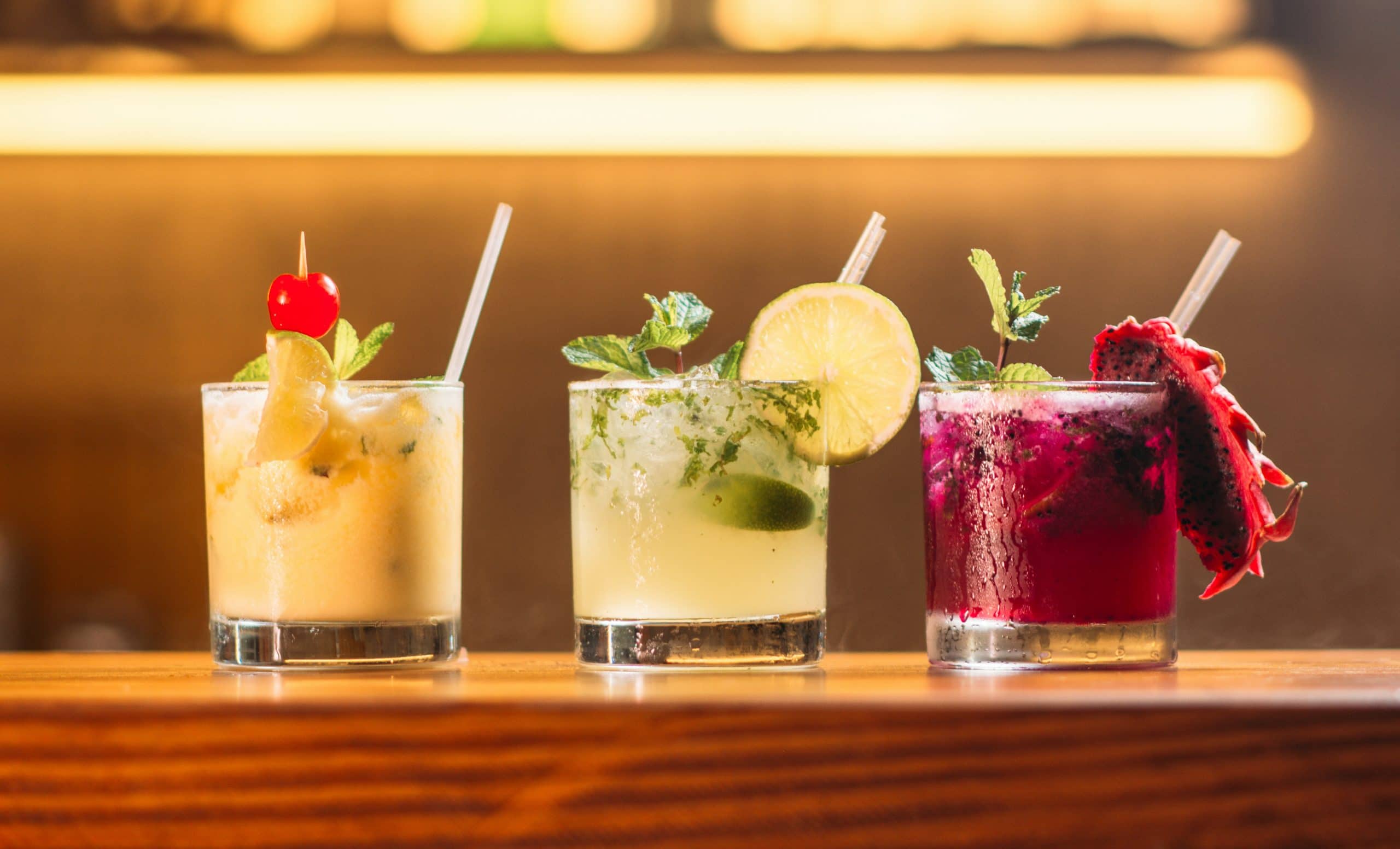
Also, to make the taste softer, freeze it before intaking.
How Is Vodka Made?
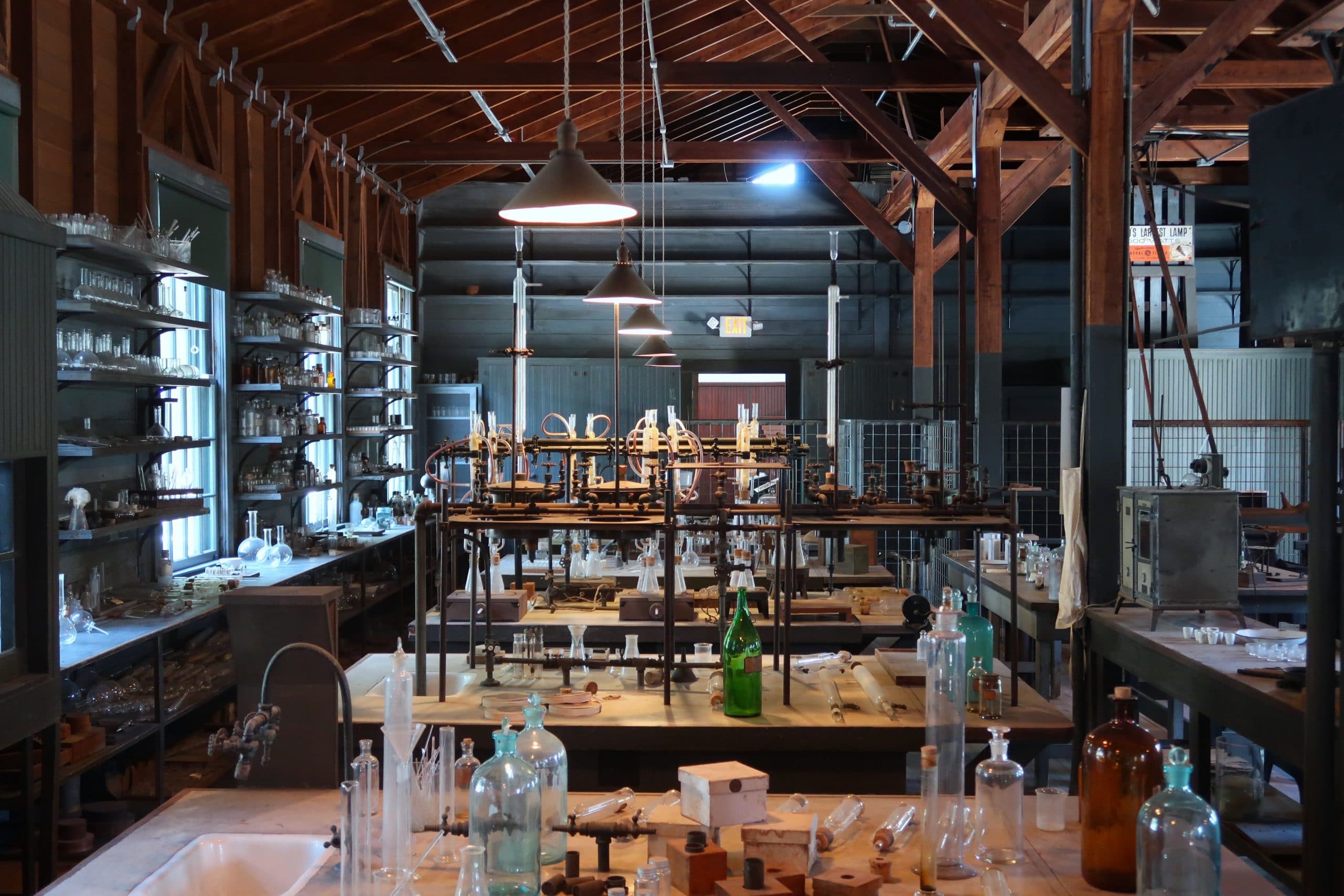
Vodka has become widespread in all the world. Nowadays it’s not a problem to find a bottle of this alcohol in almost every pub, bar, or another establishment.
Is vodka an alcohol?
Definitely, it is! It is, in fact, a distilled clear alcoholic drink that takes its origin from Poland and Russia.
Usually, the major component in vodka is ethyl alcohol paired with water, however, sometimes the drink may have traces of flavorings or certain impurities.
What is vodka made of?
Traditionally, this drink is created from cereal grains, a bit more seldom-used component is potatoes.
To describe briefly how to make vodka, we will say that these congenital components undergo fermentation first, then the liquid that is received from them is being distilled. Today, however, certain producers shifted to using other components that is why vodka made of fruit and glucose as the major component is not a rare thing nowadays.
Because of vodka contents, it is one of the strongest kinds of alcohol-containing forty percent of alcohol. Probably, because of its potency, this liquid nowadays is often drunk as a part of cocktails or blended drinks even though originally it was intaken pure.
What Else Can Vodka Be Made From?
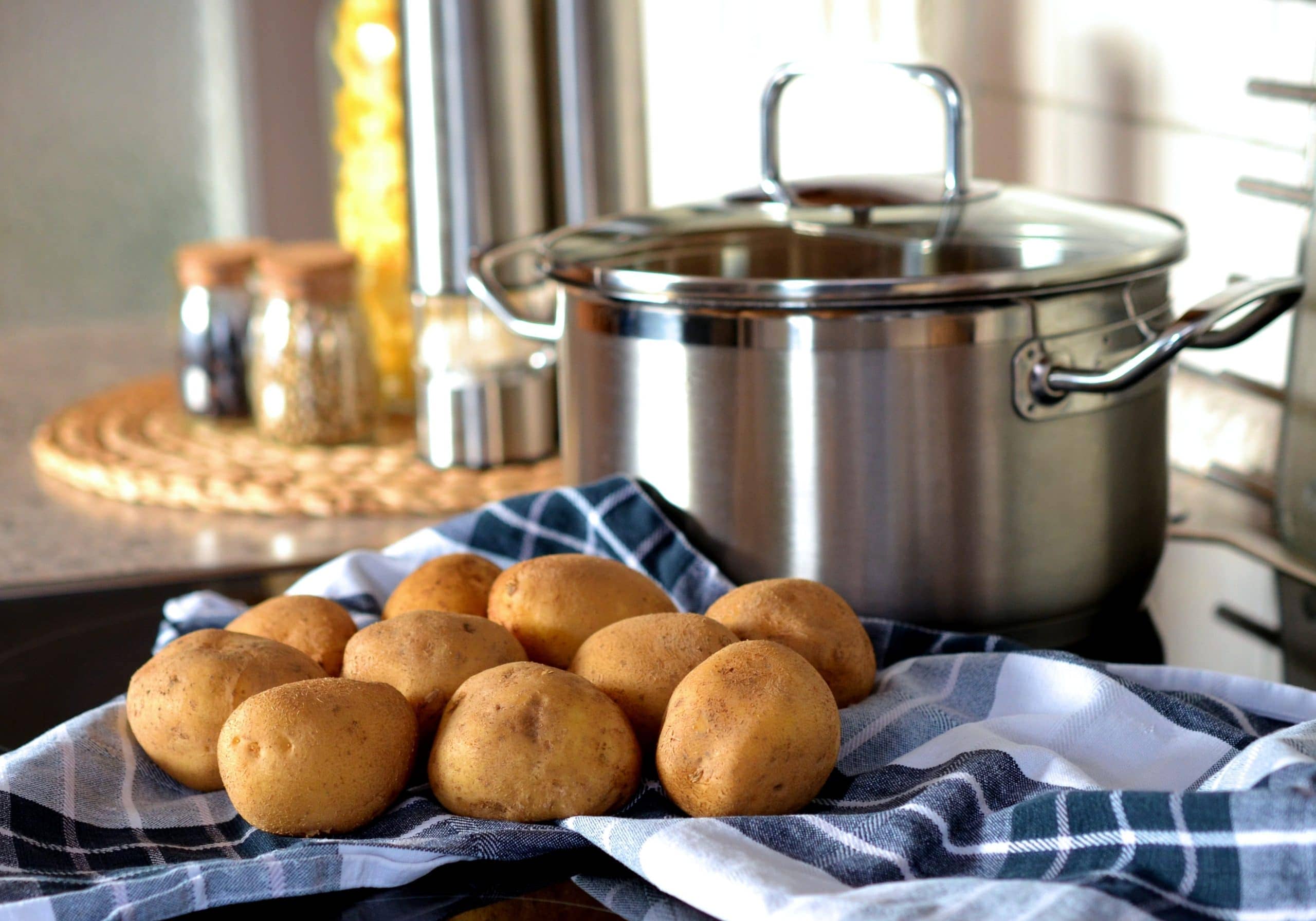
As we already mentioned, the main component in vodka is ethanol and, in a somewhat smaller proportion, water. Component number two is often cereal grains or potatoes.
How is vodka made from potatoes?
In fact, the same way as this drink is produced from grains, through the distillation process.
- To prepare vodka made of potatoes, brush off the dust and residue from them
- Cut veggies in cubes
- Boil for 20 min in seven liters of water
- Mash potatoes and mix in more water to have the same 7 gallons of volume
- Heat the mash to 140 F agitating continuously
- Mix in five pounds of barley, crushed and malted
- After 20 min, raise the heat to 152 F and leave for sixty minutes
- Remember to agitate regularly
- Make sure that gravity reading is at 1065 point. If not, add more sugar until the desired degree is reached
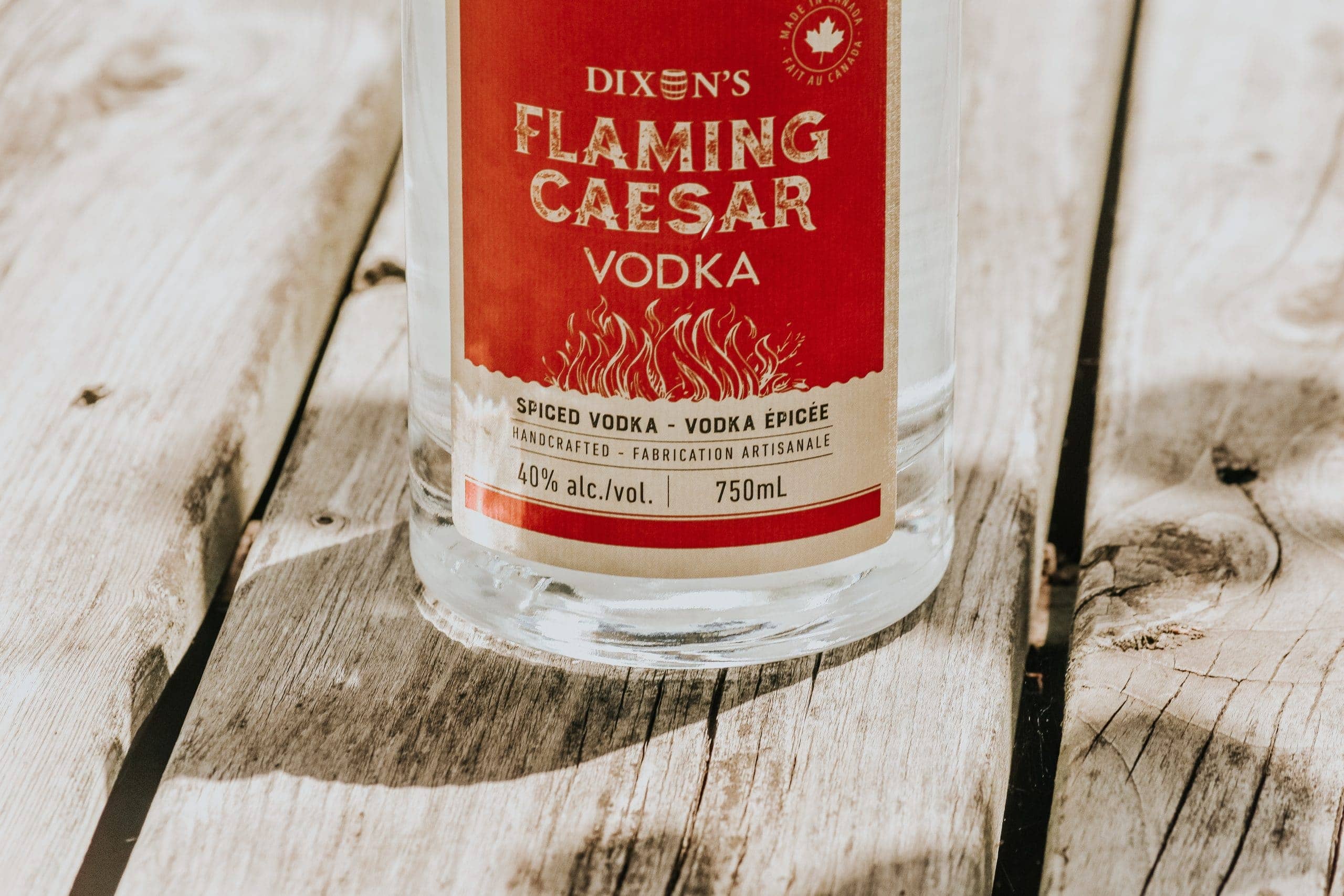
But even after cooling down the mash, the process isn’t ended! The next stage is to ferment the stuff which will then have to be distilled!
As you can see, the procedure is quite time-consuming, especially for preparing the drink yourself.
No wonder that everyone prefers purchasing this drink rather than fussing with the preparation!
But vodka can be made from other components, too.
- One of the components in vodka may be rye
- Wheat is also a widespread component
- The beet-based liquid refreshment is, probably, less common but it still exists on the market
- And finally, the black treacle is another component
In addition, modern producers choose to add fruit or glucose as the main component which, in some way, adds certain peculiarity to the final goodie serving as a non-chemical flavoring.
What’s So Dangerous In Vodka For Our Health?
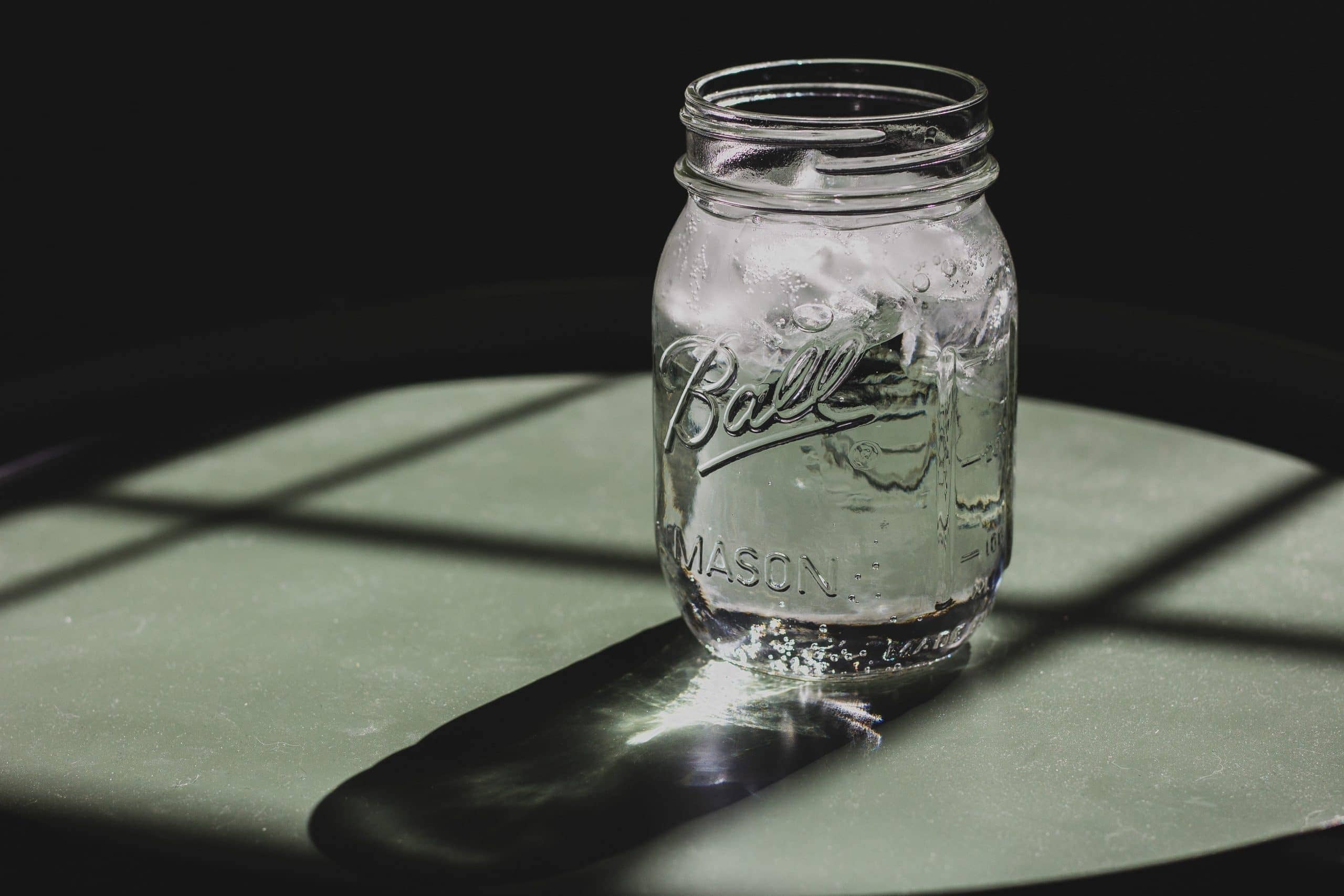
However, even though vodka is consumed worldwide, people become more and more concerned about the harm it causes.
Indeed, when consumed uncontrollably, vodka may become a source of serious wellbeing problems!
- Vodka can make our fine-motor control worse
- It inhibits judgment and decreases coordination
- When intaken with painkillers, it may end up in severe drunkness
- Since vodka contains alcohol, excessive consumption of it leads to alcoholism
- Finally, as a result, the drink will harmfully affect the liver
No matter what ingredients of vodka are listed on the bottle, this liquid brings more harm than usefulness for people.
Is vodka made from potatoes safer, someone might ask? Honestly speaking, no since any sort of this drink contains a high amount of alcohol.
Are There Any Useful Traits In This Beverage?
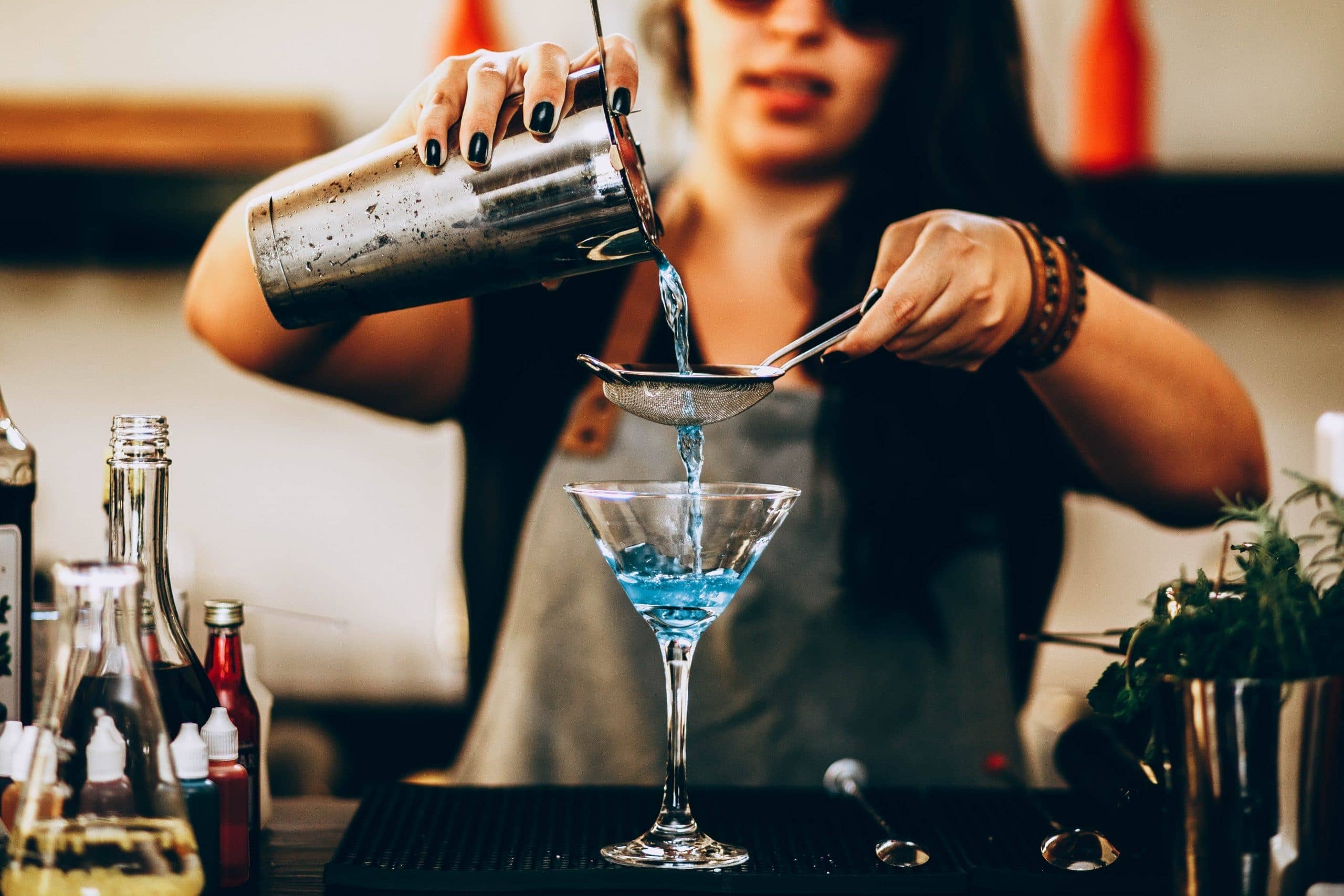
In fairness’ sake, let’s see what useful traits people claim this drink has and try to figure out which of them are true.
- Since the drink is an innate disinfectant and antiseptic, it can be used for treating external wounds
- It’s claimed that vodka can be used as an anti-depressant. Indeed, like any alcohol-based drink, it lowers the emotional tension but the trick is that after a while, we get used to it and become addictive
- Vodka is believed to be beneficial for the heart and blood flow. Indeed, it improves the blood circulation but it works more aggressively that the products that have the same effect (e.g. ginger root). And don’t forget about the poor liver that will have to manage all the alcohol we intake!
- It is believed that vodka calm toothache and that’s true.
- It lowers blood sugar level
As you can see, quite many of these qualities can be found in other safer products that don’t cause addiction later, so think twice before starting to cure yourself with this alcohol-containing drink on the regular basis.
How to Store Vodka?

To be sure that the liquor will keep its properties, the optimal way is to stock it correctly.
Hard liquors, for example, Kahlua liquor, (and vodka belongs to this group) are best to be kept at the normal temperature of the room.
Make sure that it’s not exposed to direct light and the place it’s kept is dry and cool enough.
That’s actually how they’re always stored in bars if you recall.
Of course, for cooling them, it’s OK to expose the bottle to the cold but it’s not a must for extending the lifespan of the drink.
How to Define If The Beverage Gone Bad?
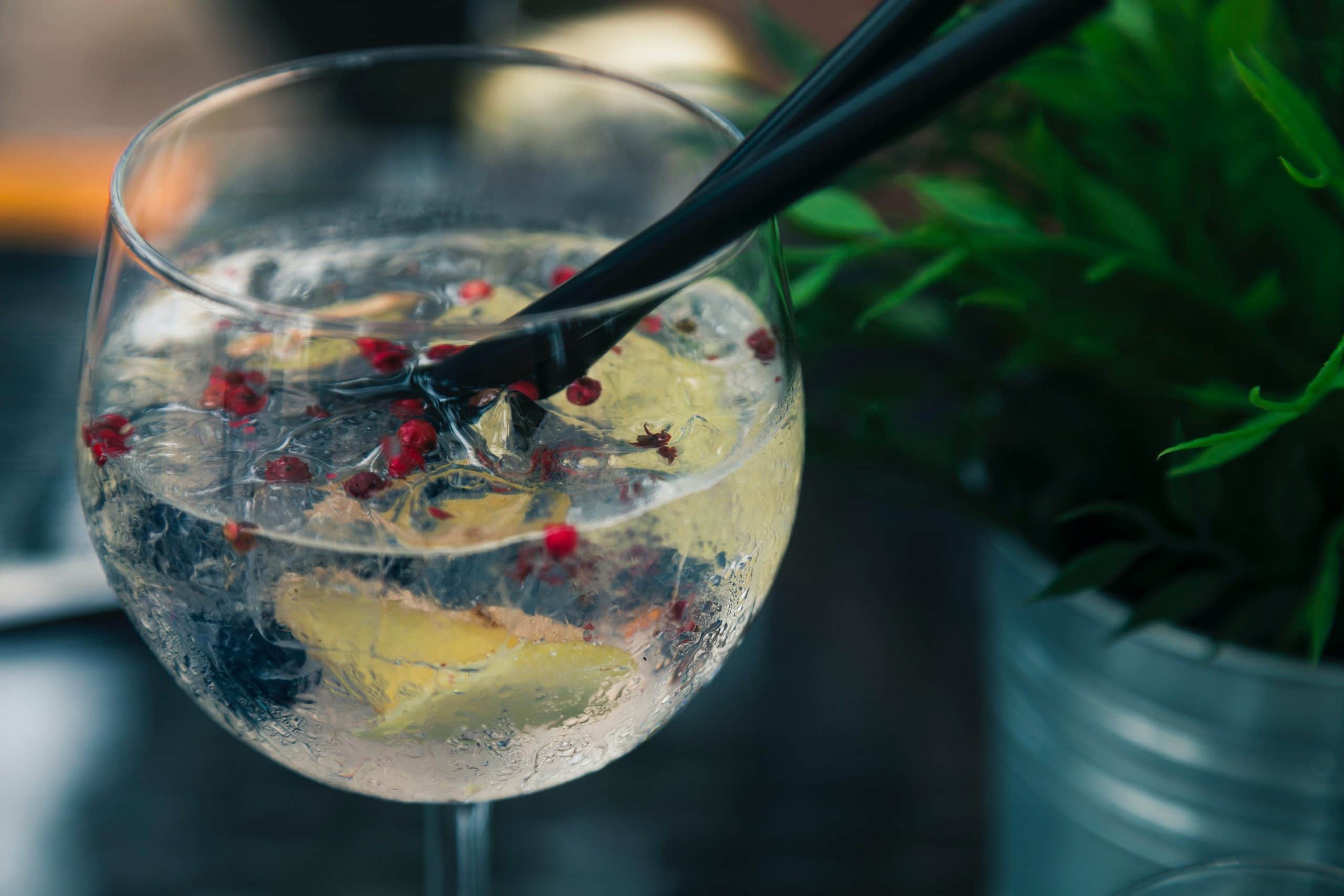
Naturally, a question may occur whether vodka tends to turn spoiled or bad.
Is it possible to get sick if we drink a small glass of a bad spirit?
To calm you guys down, let us assure you that vodka is an extremely durable stuff.
An unsealed bottle is famous for having a literally indefinite lifespan!
The only “risk” of prolonged storage is that the liquor will most likely lose some of its taste but not significantly.
As for the chance of getting sick when sipping some old drink, forget that nonsense!
You may be slightly disappointed with the taste since it will be less intensive, but no food poisoning is possible.
Use Of Vodka Nobody Knew About Before
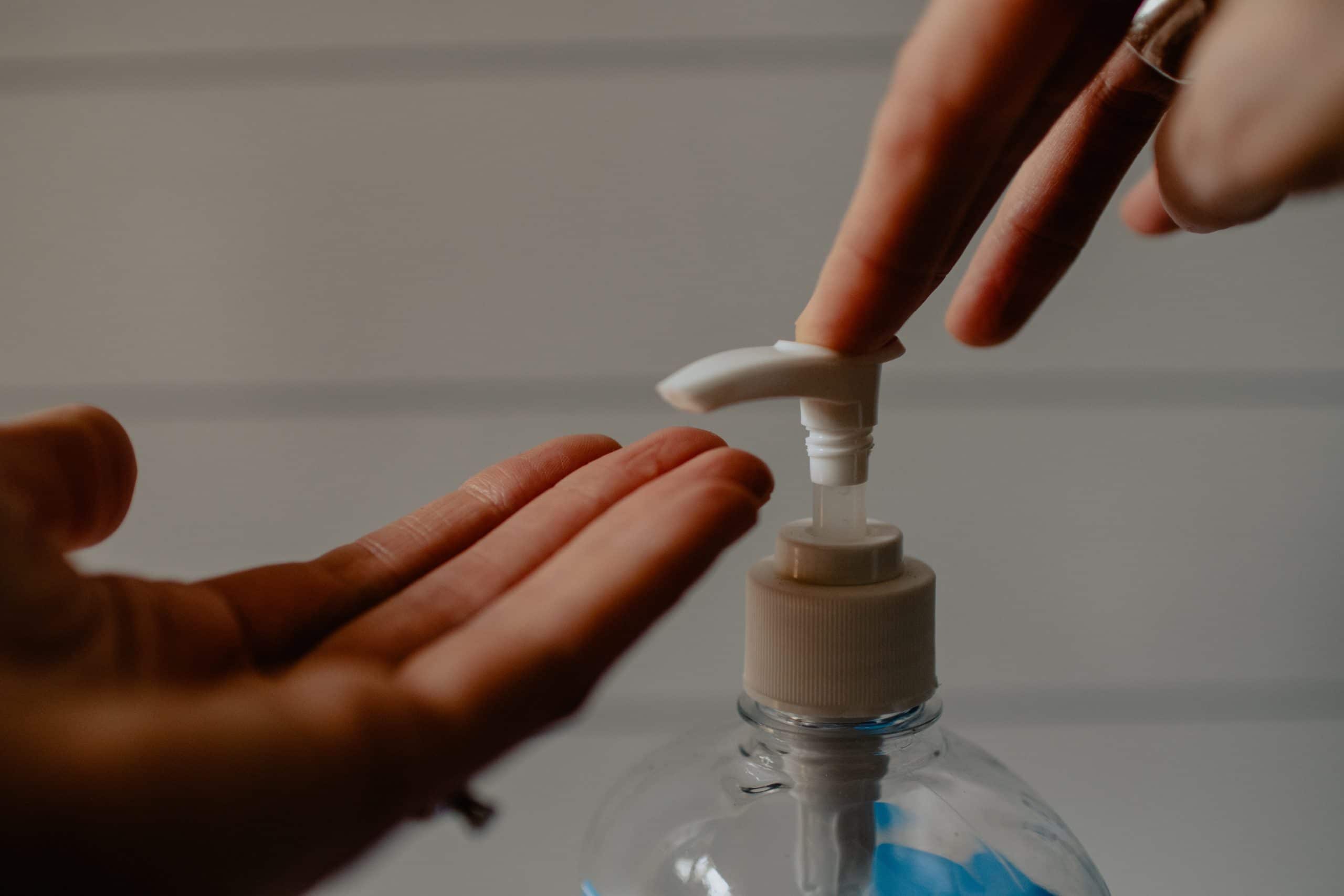
To restore the “fine name” of this drink, let’s see how we can make use of it except for intaking.
- Vodka is a great cure for the poison ivy culprit
- It may serve as a laundry freshener!
- To make the bathtub fixture shine like stars, polish them with a few drops of vodka
- By the way, it also works as a repellent!
- To soothe a jellyfish sting, pour over a shot of vodka
- Clean away mold with this drink on guard of the house cleanliness
- If it’s too long until the visit to the dentist and a tooth is aching badly, rinse it with vodka
How to Produce a Homemade Begerave Yourself?
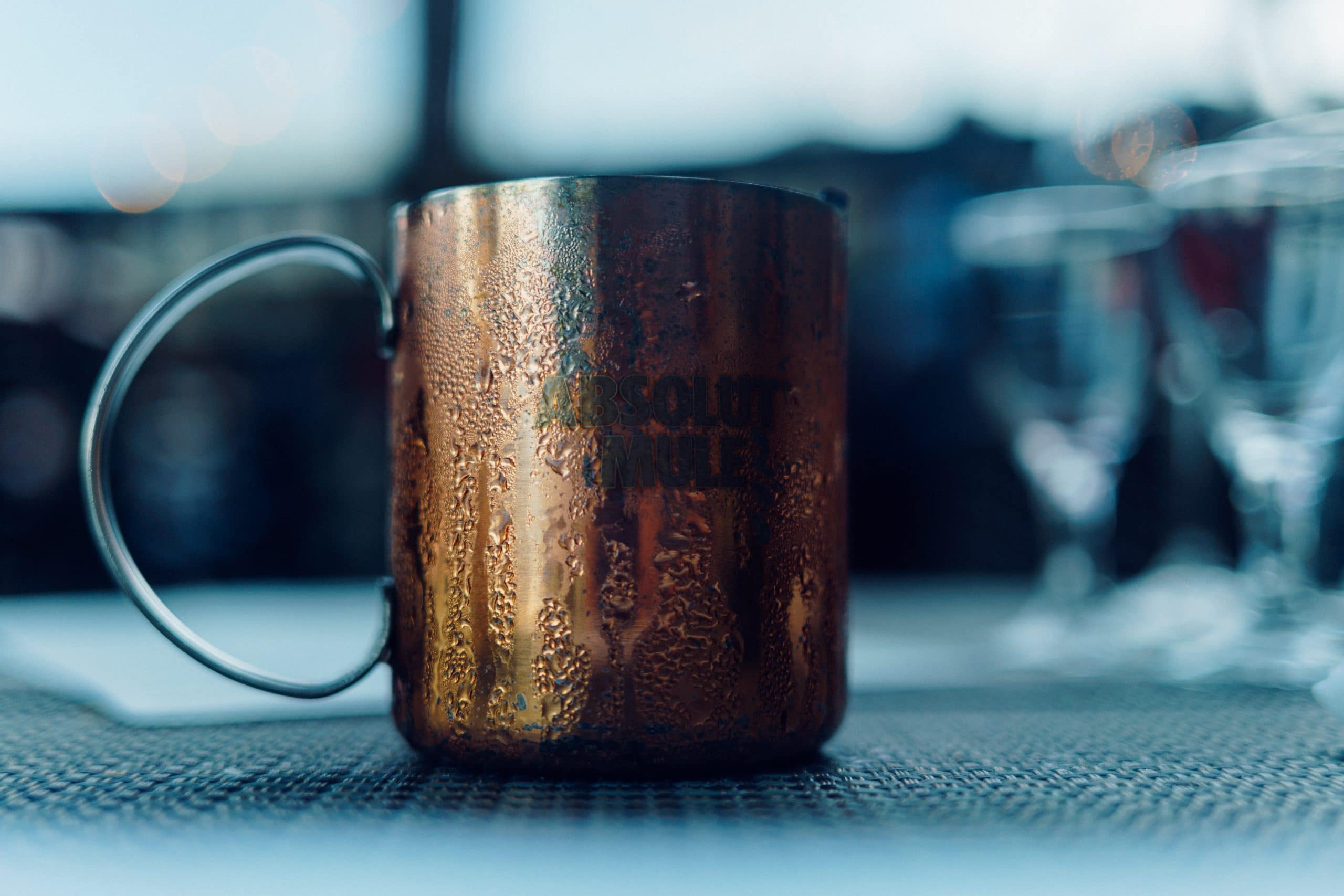
And here it is, the most desired information for those who eager to try themselves in vodka-making!
Even though it may seem to be very easy, note that making this spirit on your own will need your constant attention and regular checking of the drink’s state while it’s in the process of production.
To successfully complete the task, follow the suggested steps precisely:
- Pick up the ingredient the drink will be made of. It may be grains, potatoes, fruits, sugar, or molasses. Note that the basic ingredient must contain sugars or starches to be able to make the spirit afterward.
- If potatoes or grains were chosen, additional enzymes will be required to boost the process of starch conversion into sugar. It doesn’t refer to the whole malted grains though.
- Now a mash must be prepared. For potato mash, take nine kilos of unpeeled clean veggies and boil them until they’re softened (approximately 60 min). Drain the liquid and mash the veggies, and then put them back adding 19-23 liters of H2O.
Blend thoroughly and warm up to 66 C.
Finally, mix in 900 grams of crushed, malted barley and stir. Repeat stirring during the next two hours now and then and keep the tank covered.
Let the mash cool overnight.
- The next step will be fermenting the alcohol. Strain the mash into the fermentation tank, mix in some yeast and disperse it evenly.
When the processed liquid called wash will appear, collect it in a sanitized vessel.
- Then proceed to distillation. Using a still, warm up the wash to vaporize alcohol.
Remember that the first portion of the distilled liquid is extremely toxic and fatal. So discard at least the first 60 ml of distilled alcohol.
- When the wash is heated to 100 C, it starts producing harmful liquid again, so discard that, too.
- Get your vodka through the carbon filter, dilute it to the desired strength, and bottle.
Done! The drink is ready.
We hope you’ll reasonably use this stuff since knowing the limit is always a good thing to have.
Since it may be a nice fit for a party with friends, as an ingredient in cocktails to enhance their taste, intaking alcohol must always be under control.
We would not recommend using this alcohol refreshment for medical purposes since there is plenty of other, safer, and less life-harmful ways of curing yourself of pain or inflammation. However, for external use, it could be a handy option!
Consume it, if you do, reasonably and take care of yourself.
[wp-faq-schema title=”Frequently Asked Questions”]
Read next : Does Vodka Go Bad? 8 Tips You Should Know
